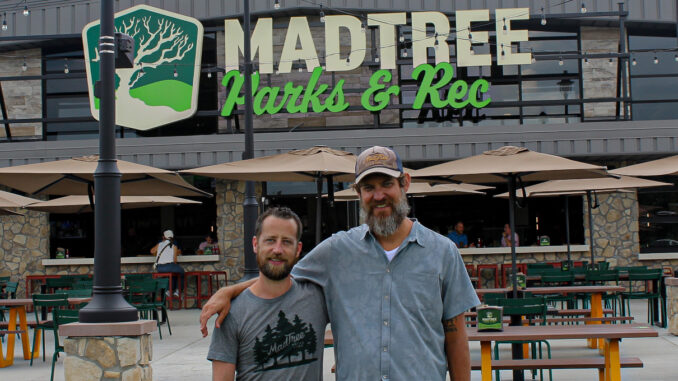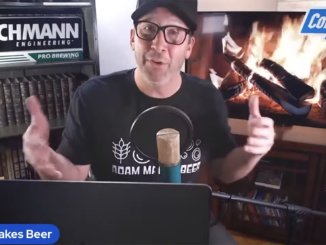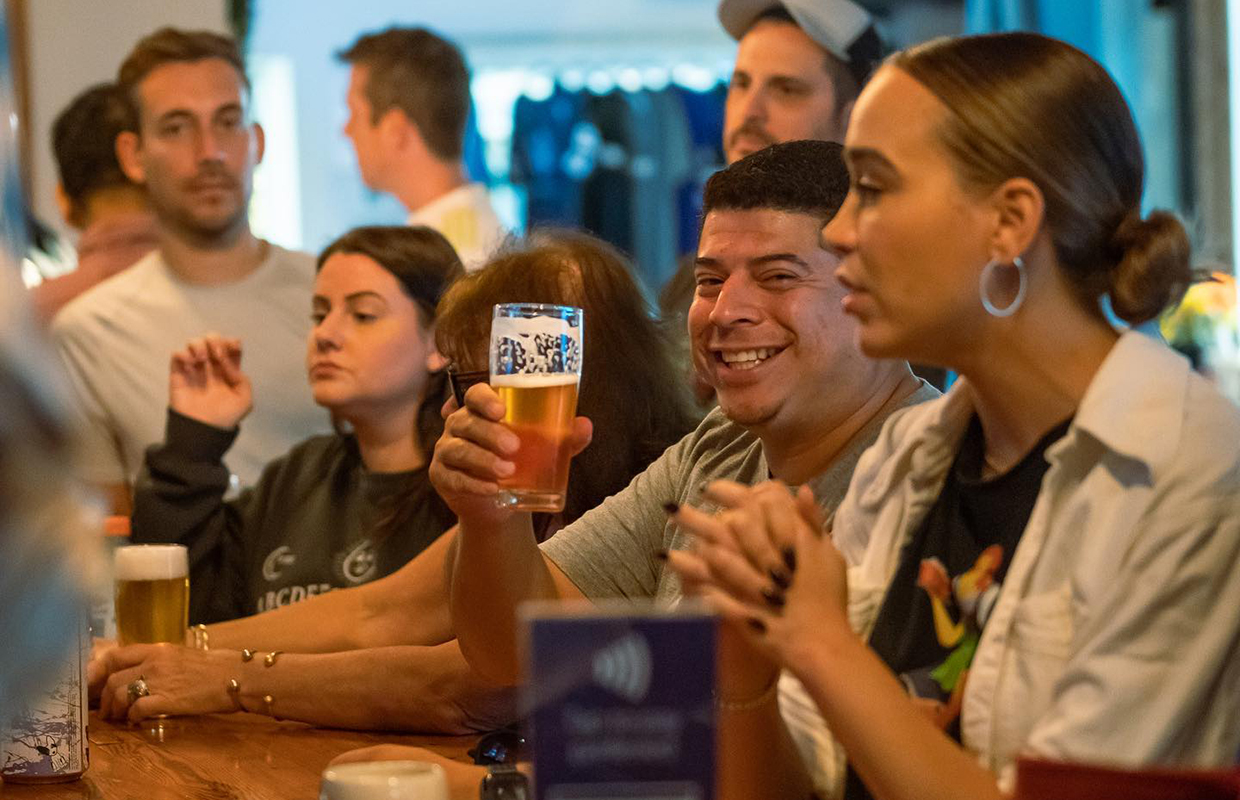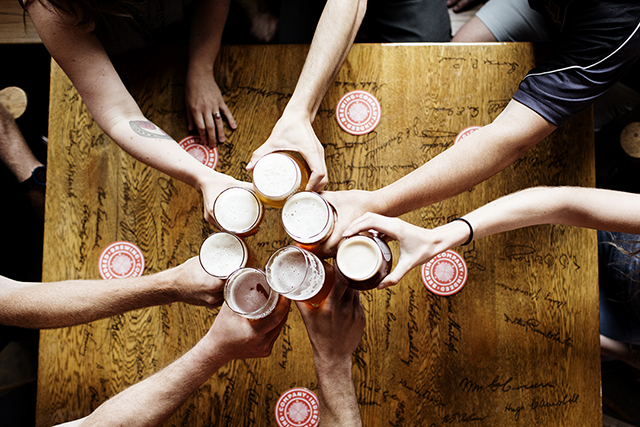
When MadTree Brewing opened its doors in Cincinnati more than a decade ago, co-founders Brady Duncan and Kenny McNutt wore every hat the business required — brewer, marketer, operator, problem-solver, and even janitor. But as the company grew from a tight-knit startup into a multifaceted hospitality brand with more than 350 employees, they realized that success required something counterintuitive: learning to step aside.
“Get the hell out of the way,” McNutt said, reflecting on one of the most important lessons of their evolution. “Sometimes it’s our baby, and you have to find the right person that can do the job, give them the high-level vision of where you want things to go, and just let them go.
“Stay out of the way, and they’ll do a much better job than we ever could.”
It’s a shift that many founders struggle with — moving from doing everything themselves to trusting others to lead. For MadTree, that transition has been both humbling and liberating. In the brewery’s early years, Duncan admits they were strong entrepreneurs but not necessarily skilled operators.
“We were pretty good startup guys,” he said during an interview with Brewer Magazine for their cover story feature in the 2025 September/October issue. “But when it came to operationalizing a business, I don’t know that we were the best people for that.
“We’ve found people who can do that better.”
The process hasn’t been without friction. As MadTree began to emphasize hospitality and guest experience around 2018, the leadership team faced difficult personnel transitions.
“There was a lot of hard turnover,” Duncan said. “People who did amazing things for this company but weren’t really on board with where we were taking it.”
Some of those departures drew pushback from guests who didn’t understand the changes.
“I’d get messages from customers saying, ‘How does this person not work for you anymore?’” Duncan said. “And they weren’t wrong … but sometimes the business outgrows the person, or the person outgrows the business.”
McNutt said that awareness has reshaped how they approach staffing and leadership.
“We’ve shifted a bit of our mentality,” he said. “We tell people, ‘We love you, and we’d love for you to stay, but you may need to go blossom somewhere else.’ If someone isn’t happy, they won’t be their best.
“That shift has been hard, but powerful.”
As the company expanded its operations across multiple venues, the co-founders’ own roles evolved dramatically. Duncan has stepped away from daily management and now focuses on long-term strategy.
“Five years ago, I was deep in new product development, sales, and marketing,” he said. “Now I’m focused on what’s next. It took a while to get here, but it’s awesome. There are times I’ll hear about an employee issue days later and think, ‘It’s great that I don’t have to be looped in on that anymore.’”
For McNutt, stepping back from operations revealed both his limits and the company’s strength. “I ran operations for years, and it felt like a natural fit,” he said. “Turns out, I don’t think I’m very good at it. It got us far enough, but now we have people doing it far better than I ever could. It’s empowering and a relief.”
READ MORE: MadTree’s First Expansion
What has emerged from this evolution is a leadership model built on trust, clarity, and humility. The co-founders have grown comfortable defining expectations, setting culture, and then letting capable people execute.
“We’ve got a couple of leaders who really run the day-to-day,” McNutt said. “There’s a significant amount of trust on both sides.
“Sometimes I’ll just get a quick heads-up on something with no action needed, and that’s all I need. That’s progress.”
The freedom to focus on vision rather than management has reignited the creative spark that first drove MadTree’s founders to brew together.
“Now we get to daydream again,” McNutt said. “We get to envision what’s next and then we get to watch that vision come to fruition.”
MadTree’s growth from a small brewery into a company that operates multiple venues and a hospitality brand wasn’t achieved by doing more of what worked early on. It came from doing the hardest thing for many founders: learning when to let go.






1 Trackback / Pingback